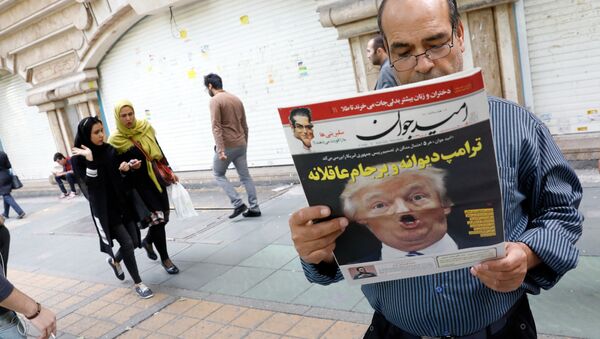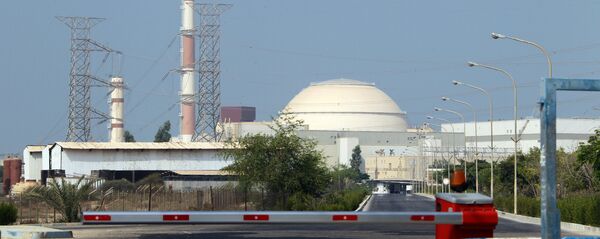"Egypt stresses importance of the involvement of the concerned Arab states in any dialogue on the future of the Middle East, particularly, in relation to possible changes to the Iranian nuclear deal," the statement read.
Cairo urged Iran and regional states to avoid any steps that could undermine security in the Middle East or lead to military confrontations, according to the statement.
On Tuesday, US President Donald Trump announced the United States would no longer remain part of the JCPOA and promised to re-impose the highest level of economic sanctions against Iran in response to Tehran's development of nuclear program.
READ MORE: Iran Nuclear Deal 'Not Dead,' 'There's a Real Risk of Confrontation' — French FM
In response to the US move, Iranian President Hassan Rouhani said on Tuesday that Tehran was not going to withdraw from the JCPOA, and that the agreement remained between Iran and the five remaining participants of the deal. He noted that the United States never fulfilled the obligations under the nuclear deal, unlike Iran.
On July 14, 2015, the European Union and the P5+1 group of countries — China, Germany, France, Russia, the United Kingdom and the United States — signed the JCPOA with Iran. The accord stipulated a gradual lifting of anti-Iranian sanctions in exchange for Tehran curbing its nuclear program and allowing inspections to ensure that the nature of the program is peaceful.



